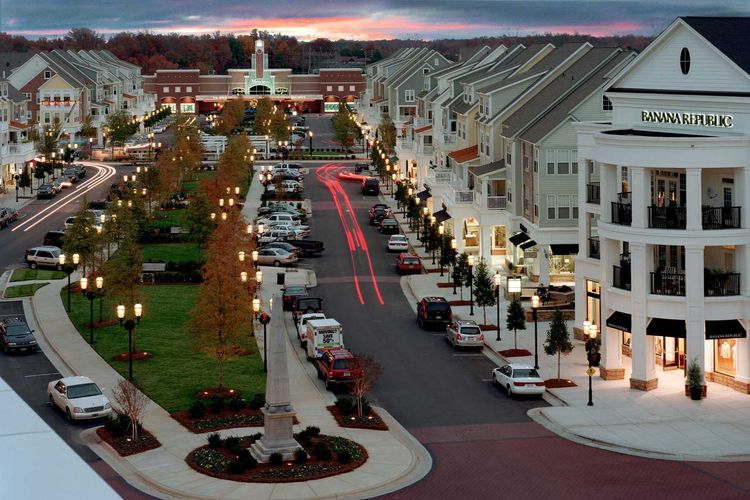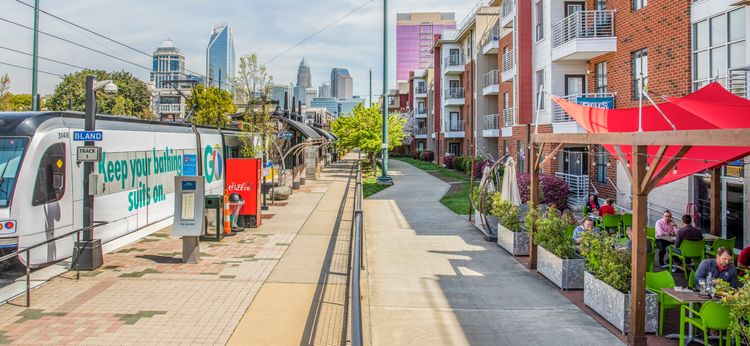
With technological advancement, living alone is becoming easier every day. Seniors past the age of 55 used to sell their homes and live in an old age community, but with the extreme comfort of smart-home techs, it has become safe even for the elderly to live alone.
Aging in place is catching on lately. 85% of seniors are looking to stay and age in their homes instead of flocking to someplace else. Even though old age can get difficult because of things like loss of mobility, difficulty hearing, and dampening of senses there is emerging Smart-Home Tech that extends support and assistance in daily lives.
Revolutionary technology pieces like smart beds and fall detectors make home maintenance and activities convenient. There have been studies by The Hartford and the MIT AgeLab that stated older Americans’ top concerns included home maintenance, security, and convenience.
Besides the traditional pieces of old-age equipment, the need for smart-home technology is becoming increasingly important. It is more of a need than a luxury for seniors.
One would think that the seniors are likely to be intimidated by the complicated smart technology but here’s the interesting part—around 48% of elderly people want their homes to be equipped with smart-home techs like voice-activated assistants or a doorbell camera.
Most Helpful Tech for Aging in Place
34 million households are headed by people aged above the age 65. In the next decade, it’s expected to be 48 million. This statistic represents the growing want for seniors to stay and age in place.
Naturally, the demand for helpful smart-home tech is on the rise as well. Research by Hartford and MIT AgeLab suggested a list of tech pieces that prove to be effective in improving quality of life, security, maintenance, and providing daily convenience to homeowners.
These include:
Smart Smoke Detectors: To quickly alert the homeowner in case of a potential fire.
Wireless Doorbell Camera: Helps inform the owner about visitors without having to go up to the door.
Keyless Entry: Removes the hassle of struggling with keys at the door. Additionally, fingerprints or facial recognition improve home security.

Automated Lighting: Walking to light switches can be a problem for seniors with disabilities. Automated light control makes things simpler.
Smart Home Security Systems: Intruder alerts on phones, or other security systems boost the privacy and safety of the elderly.
Smart Window Blinds: Increased privacy without having to get out of bed and working the blinds is essential to help out in old age.
In the same study, AgeLab also reported technology pieces that are particularly beneficial for caregivers or those with disabilities and health conditions. Each of these tech pieces is revolutionizing the convenience and independence in our lives.
Some of those pieces include:
Smart Beds: This will record the sleeping pattern, stages, and abnormalities of the person sleeping on it. It reports health conditions, tracks vital signs, and even notes heart rate patterns.
Fall Detection System: A senior falling can prove to be serious if help doesn’t come soon. The Fall detection system alerts the concerned parties in case it witnesses a fall in the house.

Telehealth System: In this digital age, it’s important to stay connected to health care providers online. The Telehealth system assists homeowners to consult doctors from home.
Medical Management System: Used to keep records of medical data, provide medication reminders and track the progress in medication routine.
Tech is revolutionizing the real estate space in multiple ways. With homes being easier and more convenient to live in, the need for independence in seniors is getting catalyzed for good.



